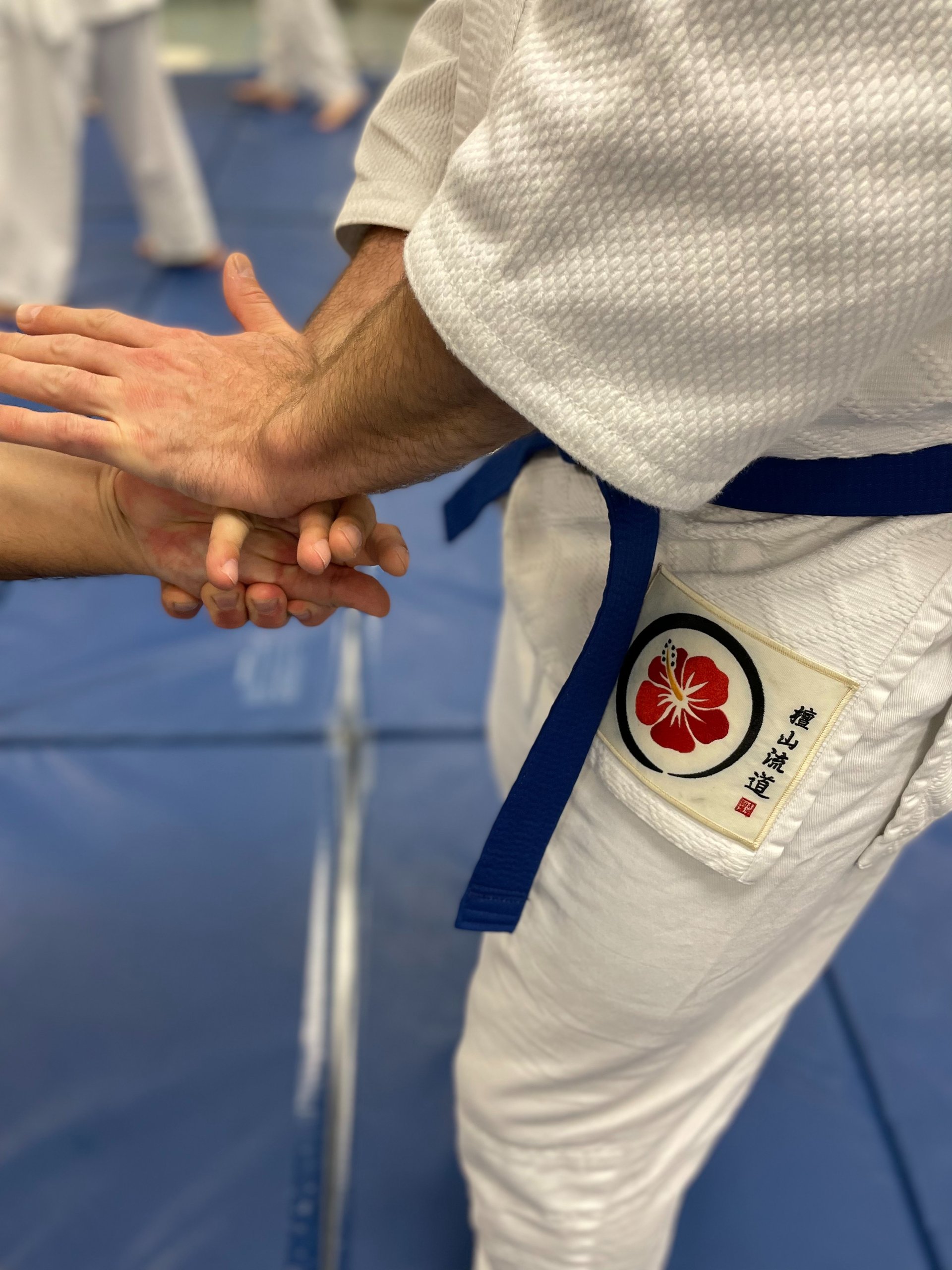
Reframing Failure
Seeing failure as a learning experience
Reframing Failure
“Only by cultivating a receptive state of mind, without preconceived ideas or thoughts, can one master the secret art of reacting spontaneously and naturally without hesitation and without purposeless resistance.”- Professor Henry Seishiro Okazaki
Quieting the mind can be a difficult task especially when we know we’re being observed; if one is in need of a label then performance anxiety should suffice to describe this phenomenon. When our minds are not still and we possess some level of anxiety, we’re prone to engage in negative story telling. Some part of our mind is engaging a self defense mechanism incase we “fail”.
In our culture the term failure is an unpleasant word. When one thinks of failure powerful concepts like disaster, botch, catastrophe, embarrassment, rejection, pain, and death come to mind. Such ideas are threatening to the human ego; we are social creatures who thrive on approval and acceptance. If you’re struggling for you own personal example of vulnerability then recall a moment similar to how you felt just before; your first DZR class, your first contest, or the first time you were asked to teach or demonstrate an art; any of which may have created some self doubt and fear.
The fear of rejection and isolation can lead us to behave in irrational ways, which are detrimental to our personal growth. There may have been a time in our evolution where this behavior was crucial to survival; as hunter gathers the lack of social approval and acceptance could quickly become a death sentence if an individual was cast out of the tribe. Arguably we’ve evolved past that stage of our evolution. For the average person failing is no longer a life-threatening event but we are still prone to treat it as such; this is unfortunate because failure is a fundamental aspect of learning. Thomas Edison shed light on this point when discussing the development of the light bulb:
"I haven't failed, I've found 10,000 things that don't work."
Edison’s perspective was that it didn’t matter that he tried and failed multiple times before achieving his desired result; rather he learned from each experience preceding his success. His failures were a tool, a source of information about the experience, not obstacles to his understanding.
The fear of failing is the manifestation of our ego. The presence of fear indicates that we possess preconceived ideas about how events will unfold; it’s not a happy ending. Failure is a threat to who we think we are, our own insecurities challenge our sense of self, and we begin to slip into disharmony. For Jujitsuka fear can impact our willingness to train and the quality of our training. The irrational and exaggerated internal voice asking us that plaguing question, “what if?”. What if I do the wrong kata?, what if fail to place in the contest?, what if I disappoint my sensei?… and the list goes on. Once we know how the story ends we may ask “why we even bother?”, “isn’t there something more satisfying I could be doing with my time?”, “something easier?”, ….let the rationalization begin.
It sounds like a bleak picture, but it doesn’t have to be. Awareness of the human condition is fundamental to our success. Yudansha (black belts), for the most part, have learned to quite that inner voice and minimize their ego as they progress thru the ranks; but Mudansha (non black belts) are especially vulnerable to this naturally occurring aspect of ourselves. Sensei can help break the cycle of negative story telling and avoidance behavior that students engage in by letting students know that it’s okay to fail, its not a big deal. Reframing failure as a tool for learning teaches students that failure is not an obstacle to success, or an excuse for quitting, rather failure contains the lessons necessary for growth. It’s probable that most of us have an art that we dislike performing when there is an audience; that is the art we need to pay attention to in order to discover what we don’t like about it and fix this issue rather than outright avoiding it until its absolutely necessary to perform it.
The goal of this approach is to subtly begin to minimize the ego’s participation in our training as we stop concerning ourselves with the superficial act, and how we looked, and instead seek the lesson that will enable our continued growth. To cultivate a receptive mind, that is free of judgment, we must let go of who we think we are, and learn to deal effectively with our own fear of failure. Accepting that failure is a natural part of the learning cycle and choosing to learn from it, rather than being fearful of it, we are able to be receptive; without preconceived ideas or thoughts and give our selves permission to react spontaneously and naturally without hesitation and without purposeless resistance.

